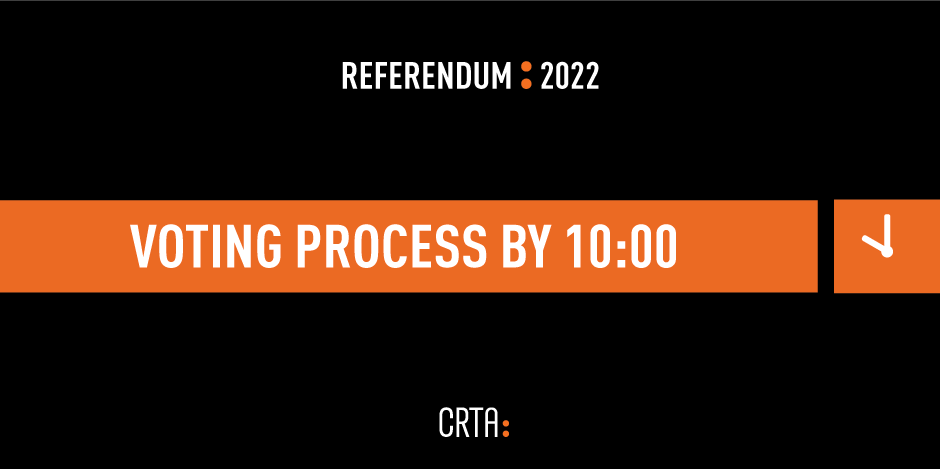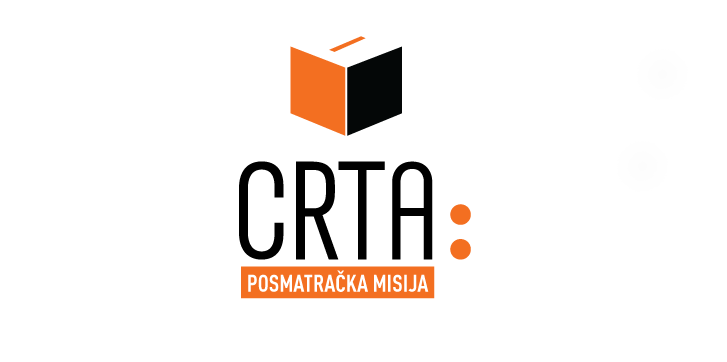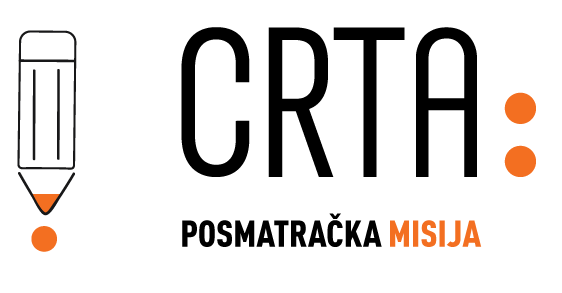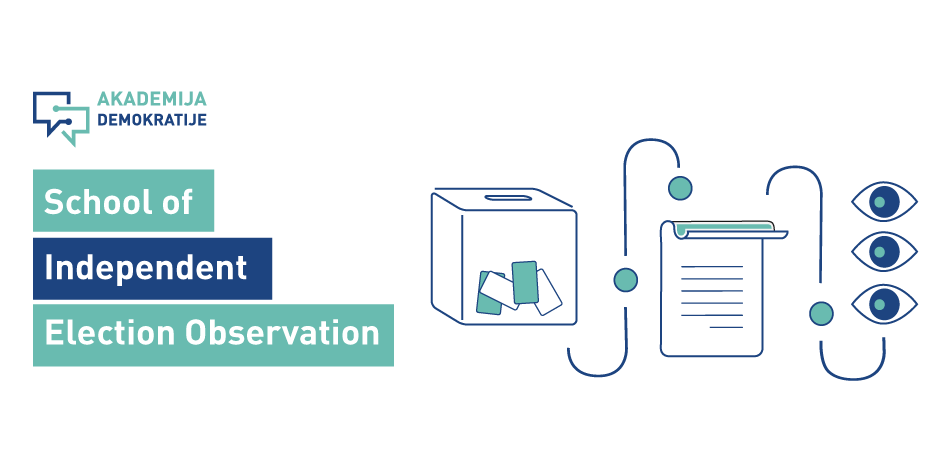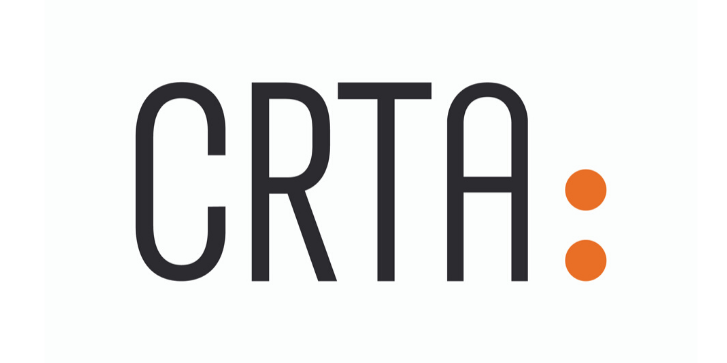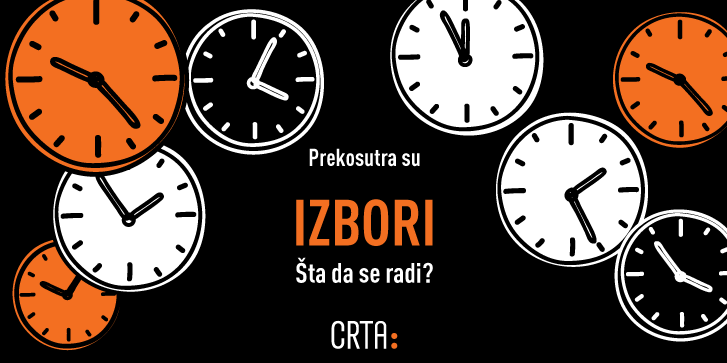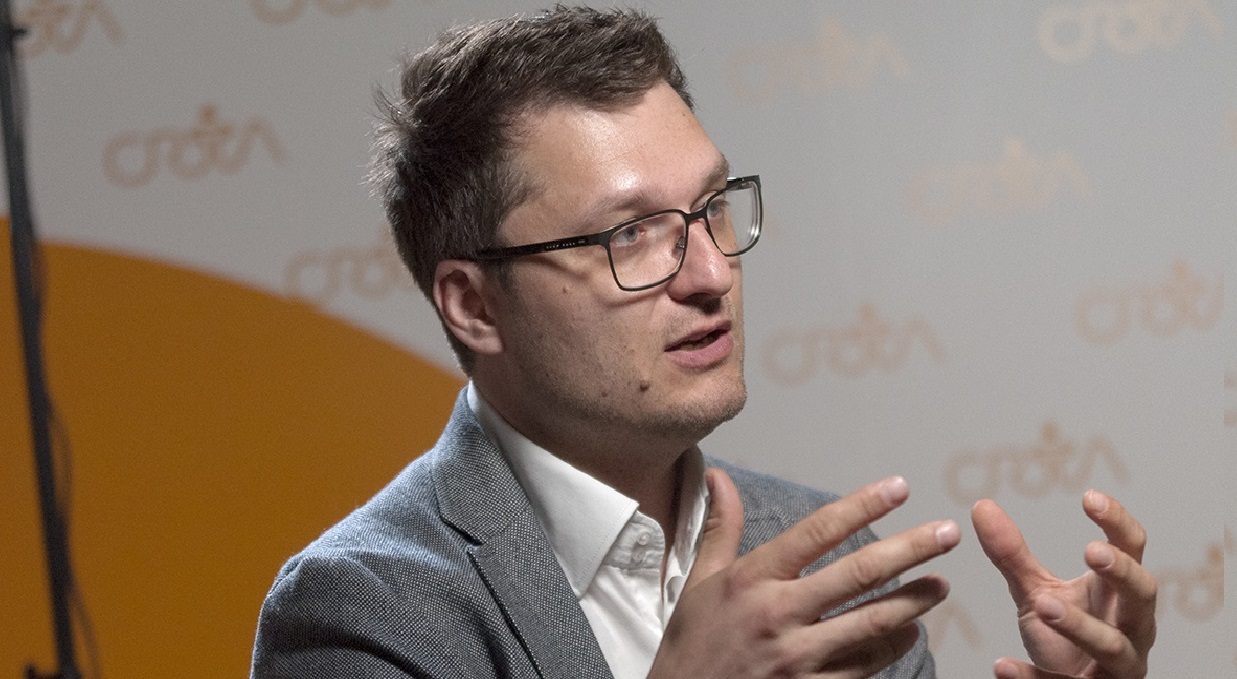A total of 3,8 percent of voters registered in the voters registry voted in referendum on constitutional changes in the part related to the judiciary by 10 am, the CRTA’s observation mission stated. Margin of error with confidence interval of 95% was +/- 0,4 percent.
News
CRTA has formed an observation mission for the upcoming 2022 elections, and has begun to observe the period leading up to the official start of the election campaign. Our long-term observation will be focused on the work of state institutions and potential law changes, reporting of televisions with national coverage and local media, as well…
The Agreement on Improving the Conditions for Conducting Elections (the Agreement) and the accompanying conclusion, resulting from an inter-party dialogue conducted under the auspices of the Speaker of the National Assembly (without the mediation of the European Parliament), provide for significant changes in the electoral process, just three months before the start of the election campaign for the scheduled regular presidential and Belgrade elections and the early parliamentary elections in 2022.
If you are a young person who believes in the importance of free and fair elections as the fundamental values of a democratic society, this School will help you to get acquainted with the political and institutional mechanisms for conducting elections and the methods of work of the CRTA’s observation missions.
CRTA analyzed the Measures to Improve the Conduct of the Electoral Process, proposed by the co-facilitators in the course of the Inter-Party Dialogue mediated by the European Parliament, published on 18 September 2021. One segment of the proposed measures comes as a result of a political agreement – these measures constitute temporary solutions, and go beyond the existing legal and institutional framework. Assessing their enforcement will, therefore, require analzying their actual effects in practice, during the observation of the upcoming elections. The following analysis is strictly focused on legal solutions which are in line with the existing legal and institutional framework, and their possible reach and compliance with domestic legislation, as well as with international standards and recommendations by domestic and international observers.
The Opinion of the Serbian Government Working Group for cooperation with the OSCE and ODIHR in implementing recommendations to improve the election process was presented on March 1st at the meeting monitored by the CRTA in capacity of observer, will not contribute to solving key election problems existing in Serbia.
As we mark the 30th anniversary of the first multiparty elections in Serbia, with less than a year and a half to go until the regular presidential and Belgrade elections, as well as the announced early parliamentary elections, CRTA is presenting a proposal for five key changes necessary for elections in Serbia to become substantially, and not just formally, democratic.
During the European Parliament’s Serbia Delegation meeting on the post-electoral landscape in Serbia, held on November 4th 2020, Crta’s Program Director and Chief of the Crta’s Election Observation Mission pointed out that the post-election atmosphere is not encouraging for democracy in Serbia.
CRTA’s election observation mission has made the decision not to observe the re-vote at 234 polling stations due to the current epidemiological situation. With full responsibility for a large number of citizens, members of our civic election observation mission, who should be deployed to polling stations, and considering the accelerating number of infected persons evidenced…




